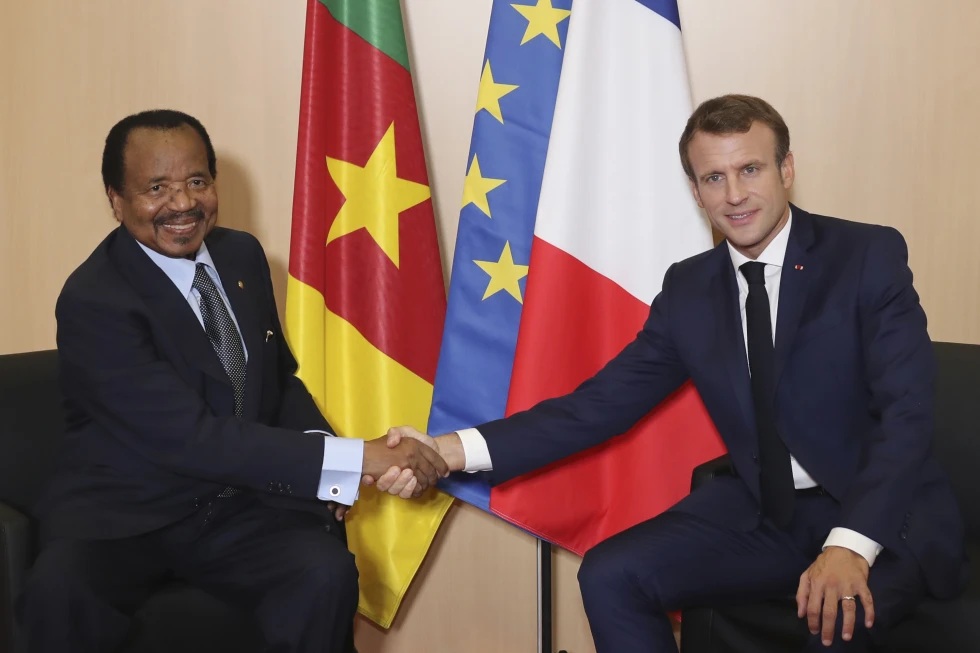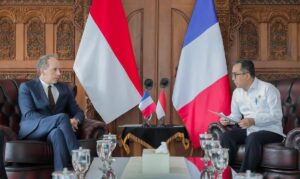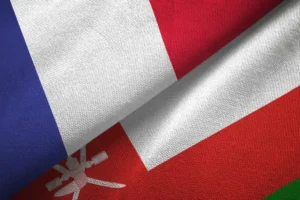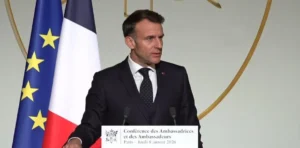Macron Acknowledges France’s Role in ‘War’ Against Cameroonian Independence

Paris, The Gulf Observer: French President Emmanuel Macron has formally acknowledged that France waged a “war” against independence movements in Cameroon marked by “repressive violence” in the years following World War II.
In a letter to Cameroonian President Paul Biya, made public by the French presidency on Tuesday, Macron admitted France’s responsibility for actions carried out during the conflict, which claimed tens of thousands of lives and displaced hundreds of thousands. The letter, sent last month, follows the release in January of an official report detailing France’s role in suppressing Cameroon’s push for sovereignty.
“The historians of the commission made it very clear that there was a war in Cameroon, during which the colonial authorities and the French army carried out repressive violence of several kinds in certain parts of the country — a war that continued after 1960 when France supported the actions carried out by the independent Cameroon authorities,” Macron wrote. “It is incumbent on me today to accept France’s role and responsibility in these events.”
Historical Record and Official Inquiry
The statement follows a two-year investigation by a 14-member historical commission, composed of French and Cameroonian historians, which Macron established during his 2022 visit to Yaoundé. The commission examined the period from 1945 to 1971 using declassified archives, eyewitness accounts, and field research.
The report concluded that France implemented mass forced displacement, operated internment camps, and supported militias to crush pro-independence movements between 1956 and 1961. Most of Cameroon had been under French rule since 1918, after Germany’s defeat in World War I, and the brutal conflict over independence remained largely unknown in France, overshadowed by the Algerian war of independence (1954–1962).
Even after Cameroon gained independence in 1960, France maintained close ties with President Ahmadou Ahidjo’s “authoritarian and autocratic” government until his resignation in 1982. His successor, Paul Biya, has remained in office since then and is now the world’s oldest serving head of state at age 92. Biya is seeking an eighth term in the October presidential election, while opposition parties face significant challenges, including the recent disqualification of main rival Maurice Kamto by Cameroon’s constitutional court.
Commitment to Further Research and Education
Macron said France would grant researchers expanded access to its archives to enable further study and suggested creating a bilateral “working group” to oversee continued research and educational initiatives.
The acknowledgment is the latest in Macron’s broader effort to confront contentious chapters of France’s colonial history. In recent years, he has endorsed reports on France’s “overwhelming responsibilities” in the 1994 Rwandan genocide and on abuses committed during Algeria’s war of independence, though he has ruled out issuing a formal apology for the latter.


